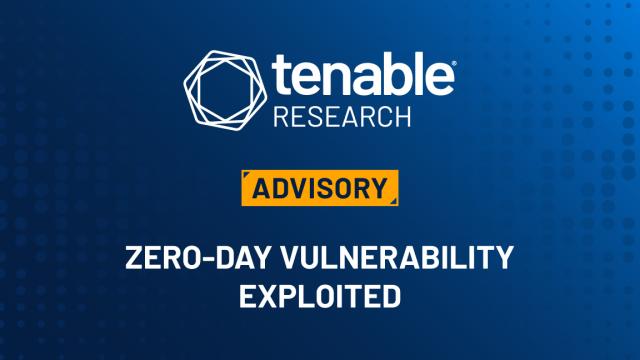CVE-2024-24919: Check Point Security Gateway Information Disclosure Zero-Day Exploited in the Wild
by nlqip

Amid warnings of threat actors targeting VPN devices, Check Point has identified a zero-day information disclosure vulnerability impacting Check Point Network Security gateways which has been exploited by malicious actors.
Background
On May 27, Check Point released a blog post with recommendations on security best practices. According to the original post, Check Point has been monitoring exploitation attempts in the wake of several attacks involving compromised VPN solutions from multiple vendors. During this monitoring, Check Point noticed “a small number of login attempts” that were utilizing local accounts with password-only authentication enabled. Check Point began actively engaging with customers that may have been impacted and released their blog with recommendations on improving VPN security.
On May 28, Check Point updated their blog post with a CVE (CVE-2024-24919) and explanation that the recently observed exploitation attempts were attributed to a previously unknown vulnerability and that immediate action is required to protect from this vulnerability.
Analysis
CVE-2024-24919 is an information disclosure vulnerability that can allow an attacker to access certain information on internet-connected Gateways which have been configured with IPSec VPN, remote access VPN or mobile access software blade. According to the advisory, Check Point has observed in-the-wild exploitation of this vulnerability and so far this exploit activity has been focused on devices configured with local accounts using password-only authentication.
Password-only authentication is not recommended as brute-force attacks could allow attackers to compromise accounts with weak passwords. According to Check Point, these local accounts should not be used when possible and protected by additional layers of authentication if they are in use. A hotfix has been made available to address this vulnerability.
Proof of concept
At the time this blog was published on May 29, no public proof-of-concept (Poc) code has been identified for this vulnerability. We will continue to monitor this vulnerability for new information as it’s released.
Solution
As part of their May 28 update, Check Point released Solution ID sk182336 with information on how to apply the hotfix and what device versions are impacted. In addition, the article provides additional security recommendations and best practices including steps on verifying that the hotfix has been properly applied. The following tables reflect the hotfixes currently available:
Quantum Security Gateway R80.40, R81, R81.10 and R81.20
Quantum Maestro and Quantum Scalable Chassis R80.20SP and R80.30SP
Quantum Spark Appliances R77.20.81, R77.20.87, R80.20.60, R81.10.08 and R81.10.10
| Hotfix Version | Download Link |
|---|---|
| R81.10.10 Quantum Spark Appliances | Refer to Solution ID sk181080 |
| R81.10.08 Quantum Spark Appliances | Refer to Solution ID sk181079 |
| R80.20.60 Quantum Spark Appliances | Refer to Solution ID sk179922 |
| R77.20.87 Quantum Spark Appliances | Refer to Solution ID sk151574 |
| R77.20.81 Quantum Spark Appliances | Refer to Solution ID sk137212 |
We recommend reviewing the advisory for updates on the hotfixes and recommended actions as the guidance may be frequently updated by Check Point.
Identifying affected systems
A list of Tenable plugins for this vulnerability can be found on the individual CVE page for CVE-2024-24919 as they’re released. This link will display all available plugins for this vulnerability, including upcoming plugins in our Plugins Pipeline.
Get more information
Join Tenable’s Security Response Team on the Tenable Community.
Learn more about Tenable One, the Exposure Management Platform for the modern attack surface.
Source link
lol
Amid warnings of threat actors targeting VPN devices, Check Point has identified a zero-day information disclosure vulnerability impacting Check Point Network Security gateways which has been exploited by malicious actors. Background On May 27, Check Point released a blog post with recommendations on security best practices. According to the original post, Check Point has been…
Recent Posts
- Secure Boot no more? Leaked key, faulty practices put 900 PC/server models in jeopardy
- Crooks Bypassed Google’s Email Verification to Create Workspace Accounts, Access 3rd-Party Services – Krebs on Security
- Friday Squid Blogging: Sunscreen from Squid Pigments
- Here Are The 8 Biggest IT Services M&A Deals In Q2 2024
- Crypto exchange Gemini discloses third-party data breach
